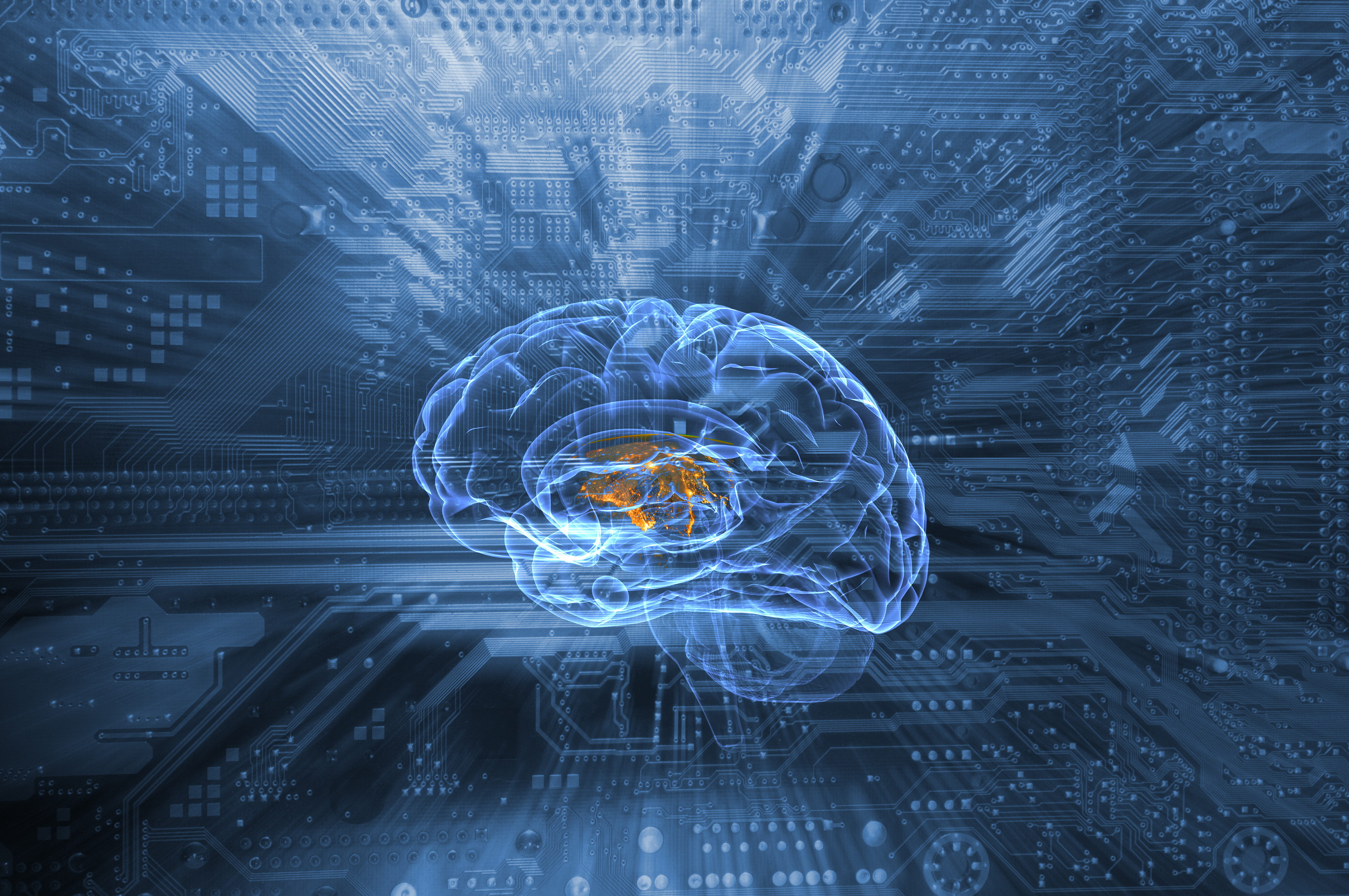Can Artificial Intelligence Help Enhance the Quality of Early Childhood Education?
Tim took part in the "Mind, Meaning, and Machine" Tech & Early Ed Catalyst event in Chicago that brought together experts from AI, brain science, and early childhood education.

How can the intersection of neuroscience and artificial intelligence enable young children to flourish? Tim took part in the “Mind, Meaning, and Machine” Tech & Early Ed Catalyst event hosted by the HeadStarter Network in Chicago on March 14 and 15.
The first few years of our lives are formative and a crucial factor of a happy and fulfilled future. Over the past decade, neuroscience has gained valuable insights into the development of young children, and now Artificial Intelligence (AI) has arisen as a powerful way to analyze massive amounts of data to better understand and inform human behavior.
These recent developments offer innovative new ways to evolve the field of early childhood education. While they present an exciting opportunity for some, others fear a mechanistic and reductionist model of early learning which could stifle some of the softer aspects such as empathy and play. The question at hand is: How can we leverage neuroscience and AI-based “machine learning” to honor children’s full selves and help them develop a strong, coherent identity and a sense of purpose in an age of exponential technological change?
To explore this question, and identify areas of opportunity, the Tech & Early Ed Catalyst featured inspirational, agenda-setting talks, sharing the latest findings from neuroscience, the potential and risks of AI, and some of the current challenges in early childhood development and education.
Read more in this Thrive Global blog post.